- India started the immunisation program(1) over four decades ago and has upgraded the program ever since.
- We must seize the moment and double down on raising awareness for immunisation in adults.
Let us rewind the clock.
It is Dec 30th 2019, a sunny and pleasant Monday morning in Mumbai, India. You are at the office working hard, but the Monday blues have not hit you this time since Tuesday is New Year’s Eve. Celebration mode is on. You are trying to decide whether to go to that concert downtown or a grand party at a posh 5-star hotel. The 5-star party is the talk of the town, so you decide to go there with your friends.
Your friend invites a friend of his, an epidemiologist living in the US but in town, for work. Curious, you ask, “What does your work involve?”
The epidemiologist smiles and explains to you concepts such as disease surveillance, public health, pandemics, and why they are a severe threat to survival. He also tries to explain to you the role that vaccines play in protecting adults.
“Vaccines for adults? “ you ask with a raised eyebrow. “I thought they made vaccines only for kids. I thought adults did not need any vaccines!”.
Let us fast forward the clock. Would you think differently today?
Post pandemic, we realise the importance of vaccines for adults. They are our only bet when it comes to surviving the current pandemic. So the obvious question here is – are there diseases other than COVID-19 that vaccinations can prevent? If yes, why is there not much awareness about it in India?
The problem is partly cultural and partly awareness
Growing up in India, I do not remember visiting my family physician unless I had a fever, cough, or some other symptomatic disease-causing discomfort. I typically remembered my family physician only when I was not well, never when I wanted to avoid illness. Culturally we are oriented towards medications more than vaccines. Even many primary physicians won’t proactively bring it up. What gets missed is that drugs cure the disease while vaccines can help avoid it altogether. But the classic saying ‘Out of sight, out of mind’ applies here. I don’t recollect seeing people in my friend circle suffer Mumps or Chickenpox. Maybe I have seen some, but it was nothing serious; those who caught these infections recovered fully. So vaccination or no vaccination, me and my friends stayed safe. There were no fatalities.
That story has changed now. Adults can now see the damage a disease can cause. It is infectious. It is fatal, but vaccines can stop it. Vaccination as a concept has been upgraded from good to have to must-have. We must seize the moment and double down on raising awareness for immunisation in adults.
India’s success story – The Universal Immunisation Program
India is no rookie. It started the immunisation program(1) over four decades ago and has upgraded the program ever since. The latest upgrade in the series of upgrades is Mission Indradhanush(2) by the Government of India to boost the overall efforts of vaccinating children and pregnant women by identifying over 200 high-focus districts(2) across the country with cases of partial or no immunisations.
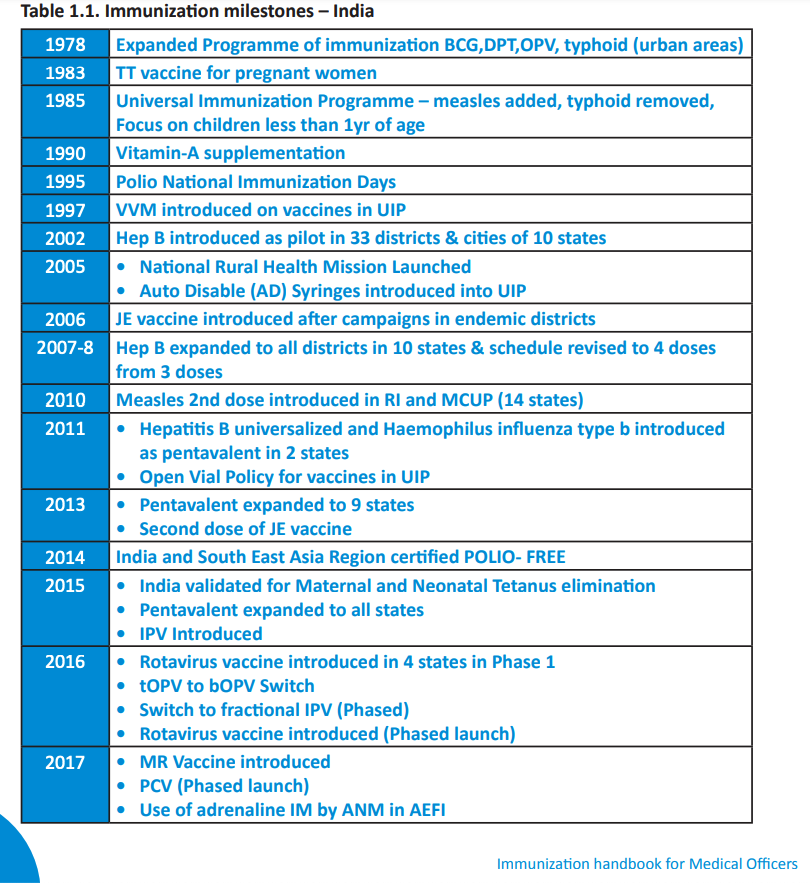
Source: National Health Mission
India has not just planned it impeccably; the country with over a billion people has also executed it exceptionally well, eradicating polio and smallpox.
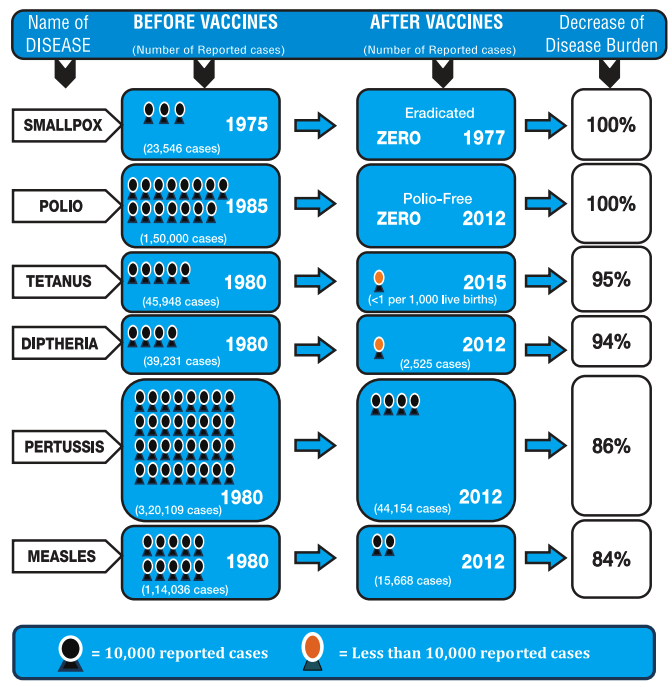
Source: National Health Mission
A case for vaccinating adults in India
As a people, we are living longer. Life expectancy has steadily increased over some time. While the officially reported number from the Census of India is around 65 years as of 2014, a report from World Bank estimates this number closer to 70 years. This data means that you could live an extra 30 years today as compared to the 1960s. That is a remarkable feat.
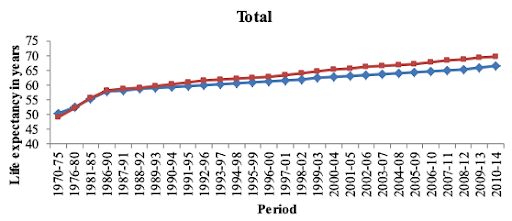
Source: Government of India, Census
But then, just adding 30 years to human life is helpful only if you can maximise the number of ‘healthy years’. WHO reports that the healthy life expectancy (HALE) of India stands at around 60 years. This data means that over a decade or 1/7th of your life is “not healthy.”
Impact on Daily Life
Every year, hundreds of thousands, if not millions of adult lives, are lost in India due to diseases that vaccines could easily prevent. Some studies(3) suggest that vaccines can prevent mortality in more than 25% of the deaths due to infectious diseases. Our bodies are constantly evolving, but so are the diseases. Malaria, Dengue, Typhoid, Flu, HIV are still around in India. I have many friends who suffered from malaria, dengue, flu – luckily, no fatalities, but it kept them out of work for a good week or two.
Model Framework for vaccinating adults
An existing model framework can help in vaccinating adults. Centers for disease control and prevention (CDC)(7) of the US has laid out an incredibly detailed yet very simple-to-understand framework of how to go about vaccinating your adult population. India can look at augmenting its Universal Immunisation Program using relevant elements from the CDC framework.
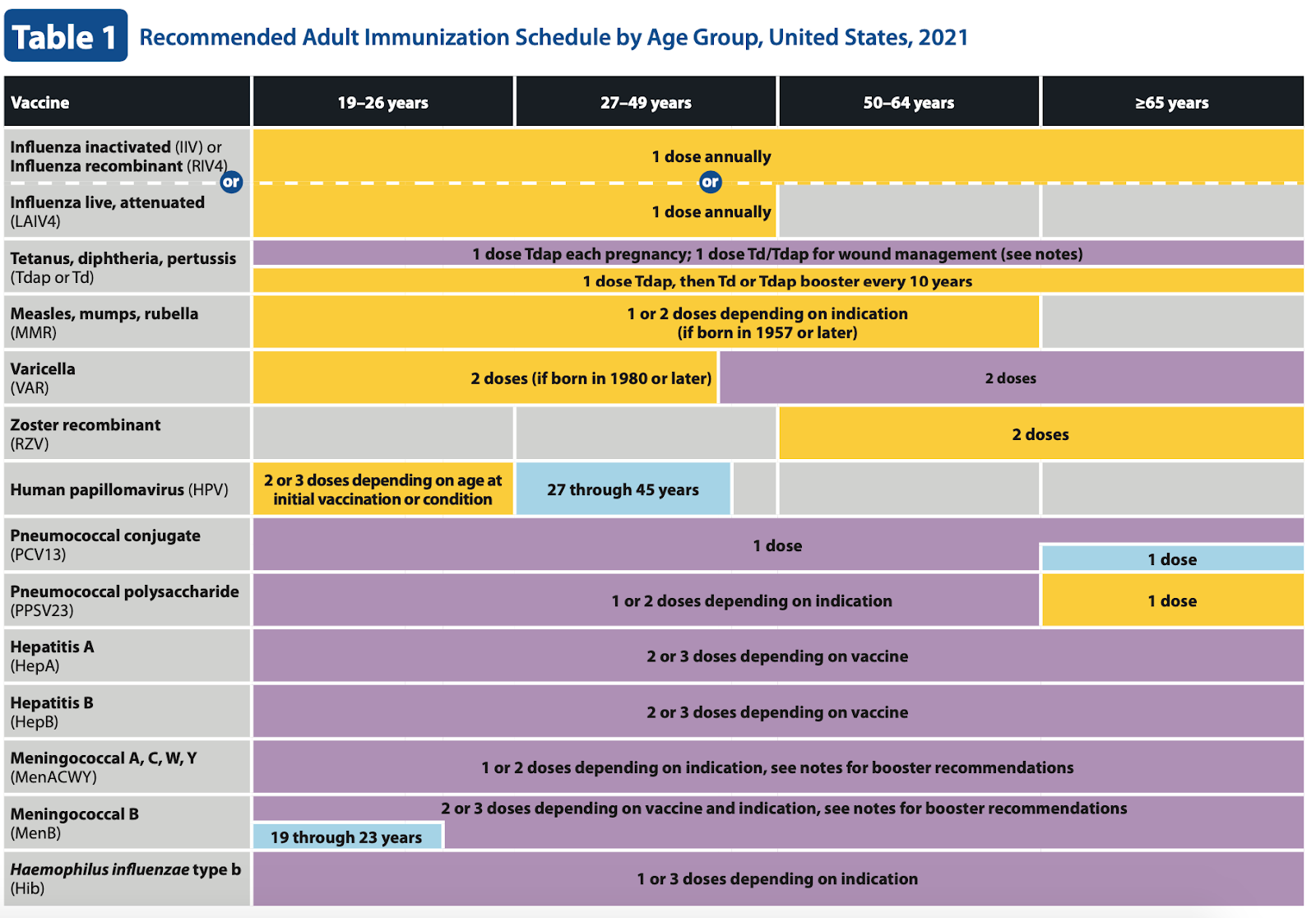
Source: CDC
The Association of Physicians of India (API) has also done extensive research on the topic and provided tangible recommendations(8) on the need to vaccinate the adult population in India. The API highlights the economic burden of not vaccinating adults, the various types of vaccines that exist for Vaccine-Preventable Diseases (VPD) in adults and specific dosage and timing for each.
At a high level, the following are diseases that India can easily prevent with vaccines. Does India have vaccines for all of them? No. Can India work with international partners to get the know-how or license the vaccines? Yes.
-
-
-
- Influenza
- Chicken Pox
- Hep A
- Hep B
- Human papillomavirus (HPV)
- Haemophilus influenzae type B (Hib)
- Measles, mumps and rubella (MMR)
- Shingles
- Typhoid
- Diphtheria, Pertussis, Tetanus
- Meningococcal
- Pneumococcal
- Dengue
-
-
Accelerated Vaccine Technology
The current pandemic has forced innovation upon vaccine manufacturers and the scientific community at large. Exactly a year and a half back, there were 0 COVID-19 vaccines in the world. Today there are 14 already developed and in use worldwide, with over 200+ in the making.

What is even more promising is that the existing platforms are being used to develop more effective vaccines, even for diseases such as flu, malaria, cancer, and even HIV(9). We have genuinely broken the knowledge barriers when developing vaccines for conditions that vaccines can prevent.
But more than the know-how, like any free market worth its salt, there is a demand-supply equation at play here. If more adults are aware and ask their doctors for adult vaccines, the doctors will send this signal to the market, which will make the vaccines available readily.
So what are you waiting for? Ask your doctor now!
References
- https://nhm.gov.in/
- https://www.nhp.gov.in/mission-indradhanush1_pg
- https://www.researchgate.net/publication/263208295_Adult_immunization_in_India_Importance_and_recommendations
- https://www.sciencedirect.com/topics/medicine-and-dentistry/dengue-virus-4
- https://www.who.int/news-room/q-a-detail/dengue-vaccine
- https://nvbdcp.gov.in/index4.php?lang=1&level=0&linkid=431&lid=3715
- https://www.cdc.gov/vaccines/schedules/hcp/imz/adult.html
- https://www.essentialknowledgebriefings.com/downloads/adult-immunization-in-india-changing-the-immunization-paradigm/
- https://www.cnbc.com/2021/05/11/covid-vaccines-pfizer-scientist-says-mrna-technology-could-create-more-potent-seasonal-flu-shots.htm

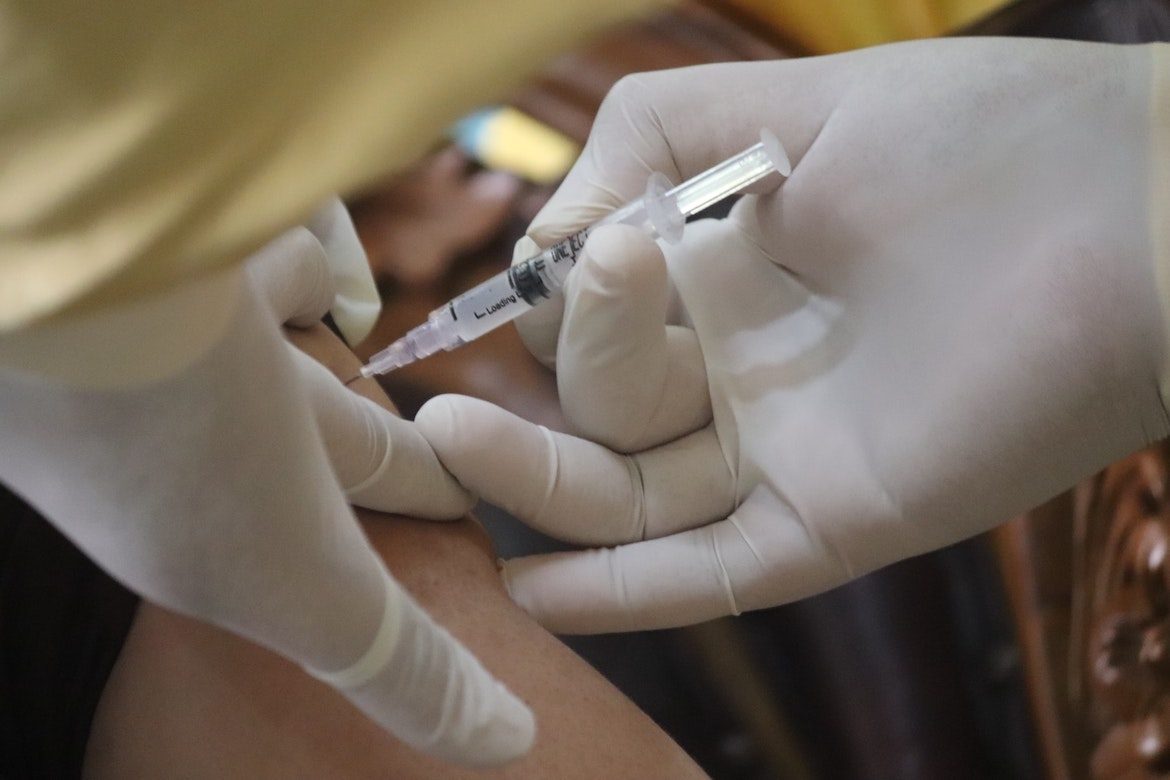

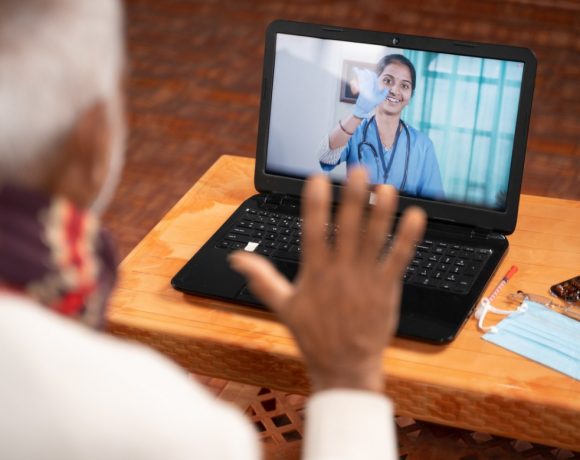


NO COMMENT